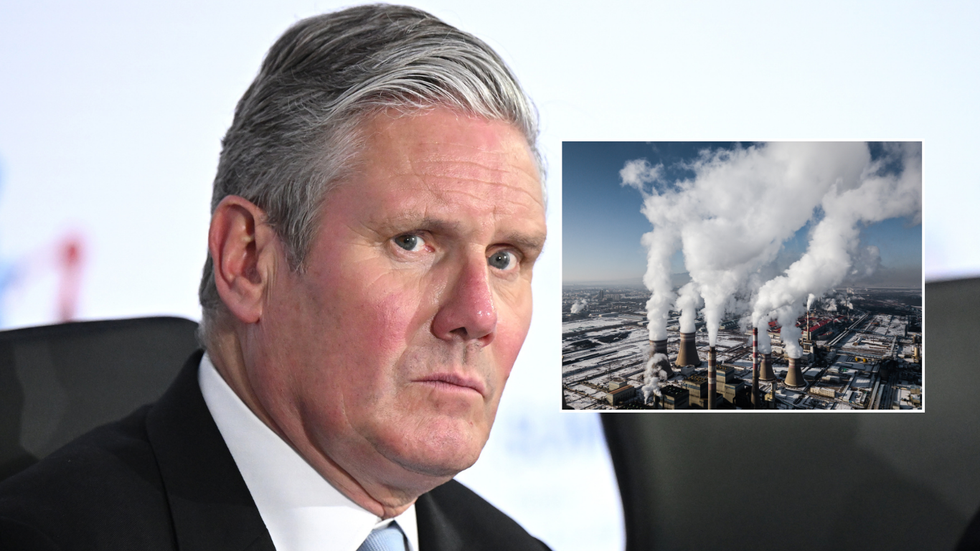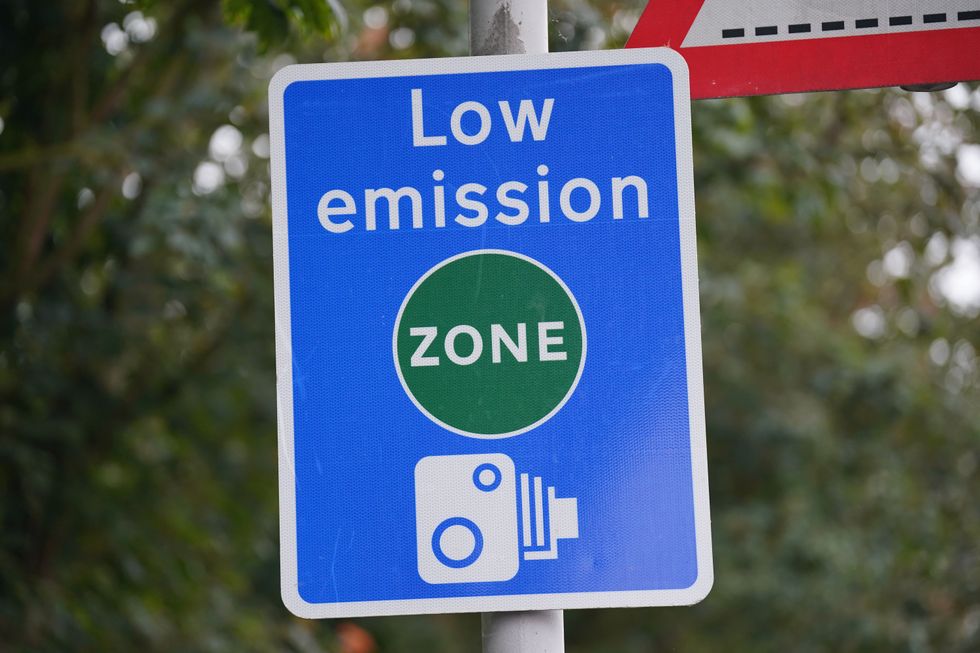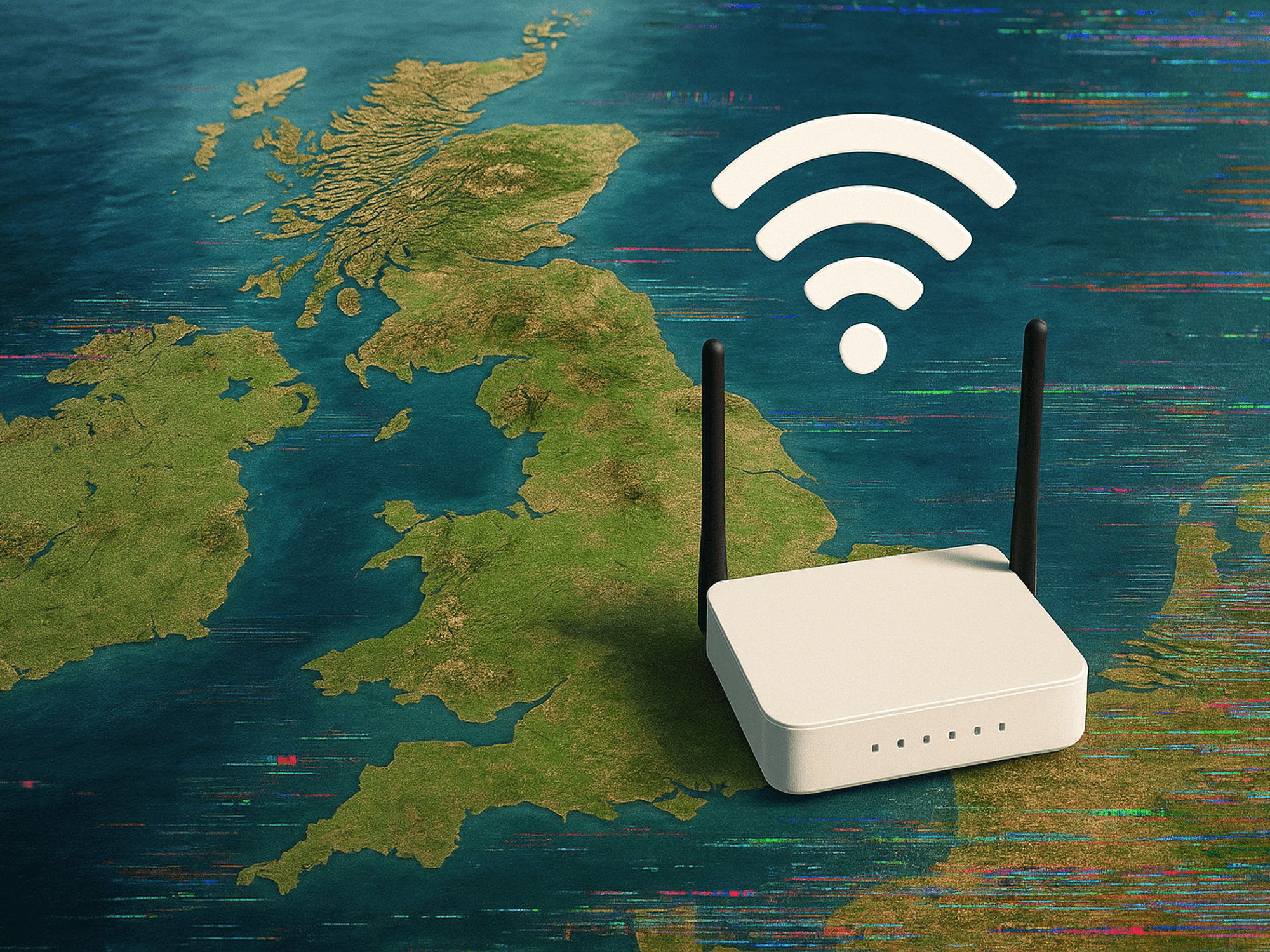Keir Starmer's EU carbon deal to hike electricity bills by '£200MILLION per year'

GB News

The price hikes will be due to a charge imposed by the EU and UK on power plants and industrial entities for each metric ton of carbon dioxide they emit
Don't Miss
Most Read
Keir Starmer's new EU-UK deal could hike electricity bills by £200million, an energy consultant has claimed.
The agreement, which has faced criticism from several political parties, links Britain and the European Union carbon markets as part of a wider relationship reset set out by the Prime Minister.
Analysts said linking the two systems was likely to push UK prices towards those of the EU, with critics fearing the changes could lead to a six per cent rise in British carbon prices.
Independent energy consultant Kathryn Porter told Guido Fawkes: "Since Keir Starmer announced his intentions to harmonise the UK and EU ETS, UK carbon prices have increased significantly. Full harmonisations could end up adding more than £200million per year to electricity bills.

Keir Starmer's EU-UK deal links Britain and the European Union carbon markets as part of a wider relationship reset set out by the Prime Minister
|Getty
She added: "UK carbon prices have been lower as a result of a surplus of allowances due to de-industrialisation.
"It's hard to see how we will benefit from harmonisation. The 'level playing field' sounds like a mechanism to remove the UK allowances surplus, with no benefits to the UK consumers."
Within the EU, prices are higher than in the UK, costing UK businesses more in the short term.
Analysts at Veyt said: "If negotiations are prioritised on both sides, the timeline for a functional link could move quickly.
"That said, aligning systems in time for the UK’s Carbon Border Adjustment Mechanism, currently planned for 2027, could be ambitious."
Experts have suggested that in the longer term, UK businesses would save costs because they would avoid the proposed import levies.
LATEST DEVELOPMENTS:

The tax is designed to encourage the industry to cut emissions and reach climate targets
| PAA UK government statement said: "Closer co-operation on emissions through linking our respective Emissions Trading Systems will improve the UK’s energy security and avoid businesses being hit by the EU’s carbon tax due to come in next year."
The EU's Carbon Border Adjustment Mechanism will impose an emissions fee on imports of steel, cement, aluminium, fertilisers, electricity, and hydrogen to the EU from 2026.
The price hikes will be due to a charge imposed by the EU and UK on power plants and industrial entities for each metric ton of carbon dioxide they emit into the atmosphere.
The tax is designed to encourage the industry to cut emissions and reach climate targets.
 The Prime Minister has negotiated three major deals since entering No10 | Getty
The Prime Minister has negotiated three major deals since entering No10 | GettyAfter this date, Britain plans to launch its own CBAM from 2027.
A report by Frontier Economics, commissioned by several energy firms, said linking the two carbon markets would reduce trade frictions, improve trading liquidity and increase price stability leading to savings of around £770million between 2026-2030.
Under the new deal, the UK Emission Trading Scheme (UK ETS) and the European Union Emission Trading System (EU ETS) will be linked.
The Institute of Economic Affairs’ energy analyst Andy Mayer added: "The smarter strategy would be to retain control of our own carbon policy, and cut it drastically to compete with the EU, encouraging jobs and growth, including in low carbon technologies also impacted by high energy prices."










